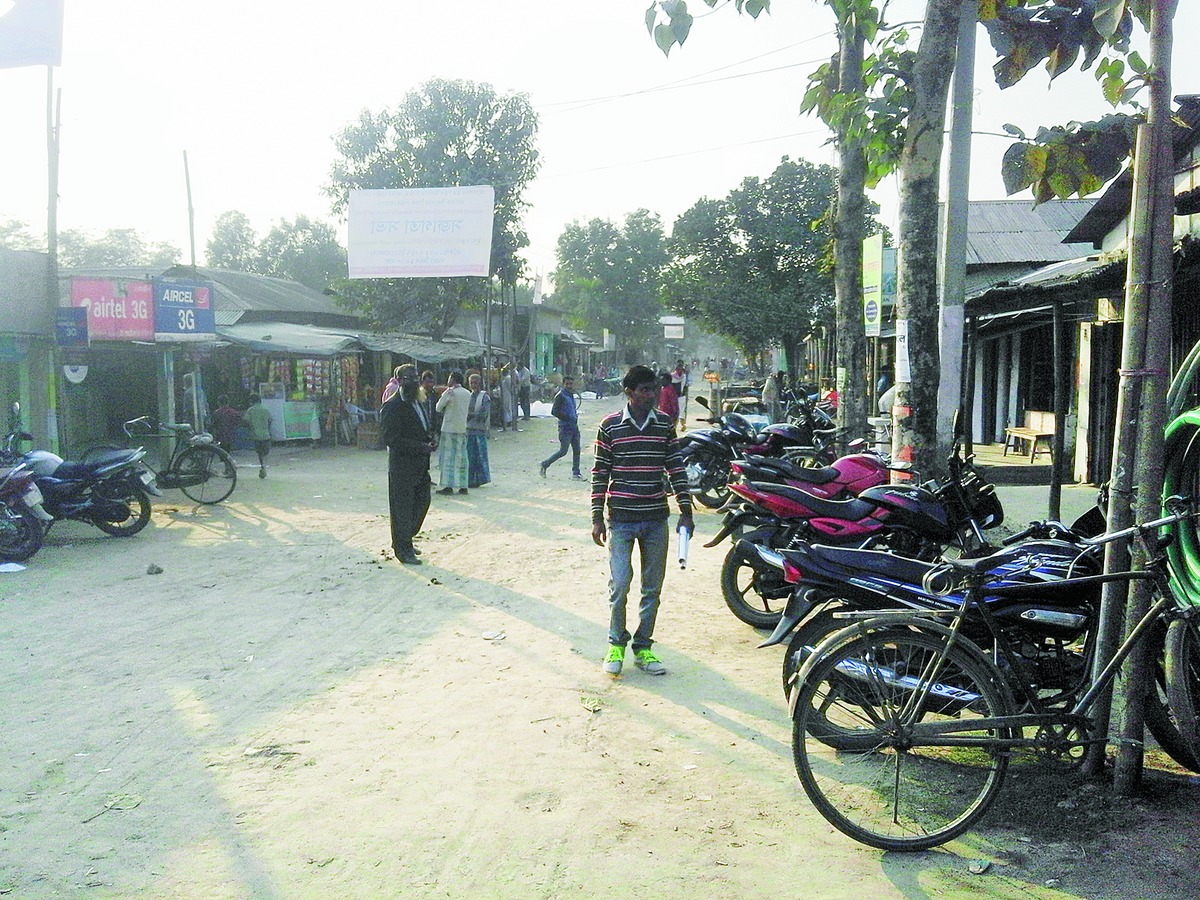
Guwahati: Alopati Sar in Assam, where the Prevention of Infiltration from Pakistan Act, 1964, was enforced from the mid-sixties to the early seventies, is confident of its place in the National Register of Citizens (NRC).
"The people here have land records dating back to pre-Independence days - from the British era till the fifties. So they have nothing to fear and are sure of being treated as Indian citizens. This place has witnessed the enforcement of PIP. The act was enforced in places where suspicion of infiltration from East Pakistan was high or where there were rumours of Pakistani flags being hoisted. There used to be door-to-door checking by police for Pakistani migrants. Even our house wasn't spared," said Muhammad Ali, a government doctor and a native of Alopati Sar who had witnessed the enforcement of PIP Act as a child.
Under the act, a special border police was raised with 2,000 men under the leadership of the then deputy inspector-general of police to stem migration from East Pakistan. Watch posts and patrol posts were also set up.
Ali said the inhabitants have land pattas dating back to 1904, 1910, 1927, 1935 and 1937. So, they are not a wee bit scared and if anybody gets excluded despite having all the papers it would "indeed be sad". Some of the inhabitants said there was an atmosphere of calm on the sar as the people were confident about their names figuring in the NRC.
Alopati Sar, located in Barpeta district, is a three-hour drive from Guwahati. Its inhabitants call it Assam's second Majuli due to its size and the omnipresent Brahmaputra. Though many of its inhabitants had settled there during the British Raj, mainland Assam continues to view the settlers with suspicion as the tag " sar dwellers" juxtaposes with the image of an illegal settler. Farming is the main occupation in Alopati, which has a population of about 30,000.
Alopati has also witnessed severe erosion in the last century. A few, who have land pattas since pre-Independence days, have seen the river completely erode their land.
"We are not worried about the NRC but we want new land pattas for our socio-economic development. We have been demanding this for the past decade," said Wazidur Hassan, a former Alopati Satra Santha leader and now a schoolteacher.
In October 2017, a meeting on NRC was held at Alopati. It was attended by Gorky Chakraborty, an associate professor and researcher from the Institute of Development Studies, Calcutta, and a PhD holder on the sars of the Brahmaputra. Chakraborty said the dwellers had produced documents dating back to the pre-Independence era at the meeting. "These documents are annual settlement deeds, locally called eksonia patta. These are revenue documents for a year. One document dated back to 1942, the year Quit India Movement was launched. They are 100 per cent Indians," Chakraborty said.
The NRC is being updated in Assam under the supervision of the Supreme Court to solve its problem of foreigners in Assam. The second and final draft of the NRC is scheduled to be published on July 30.# The first was published on December 31, 2017.










